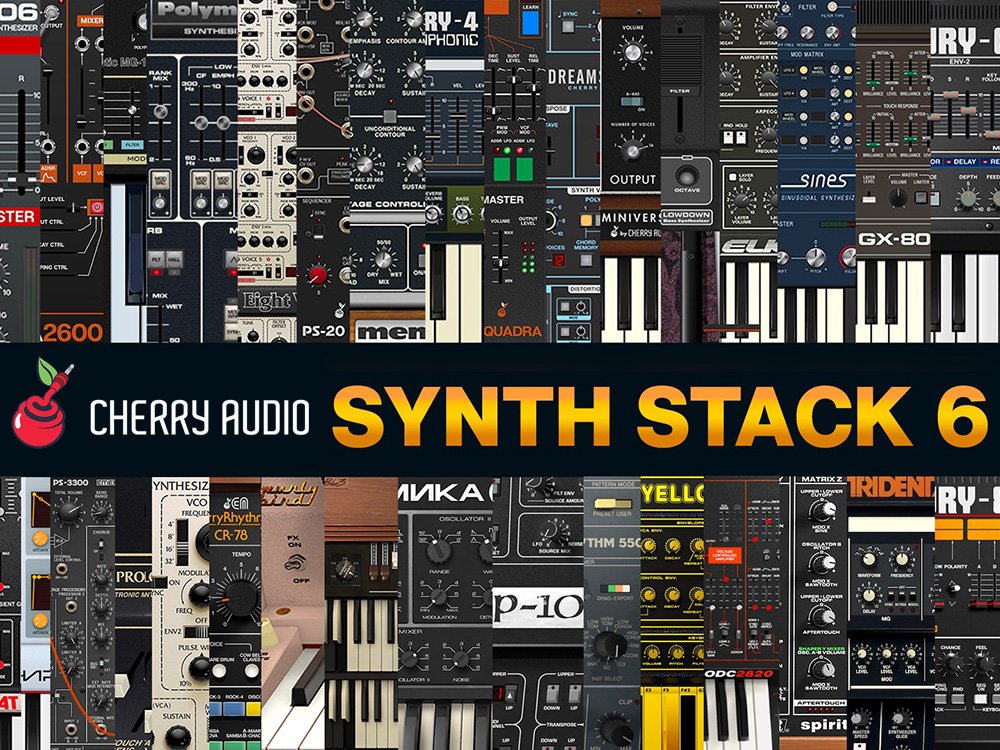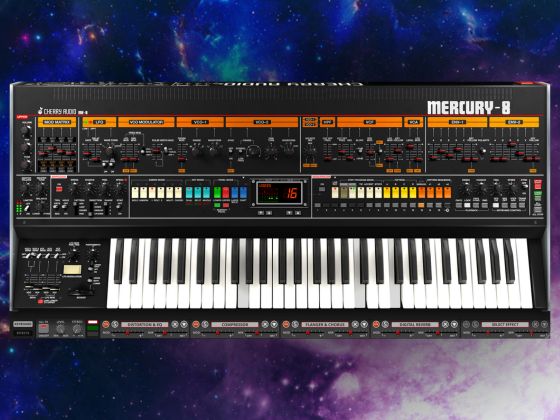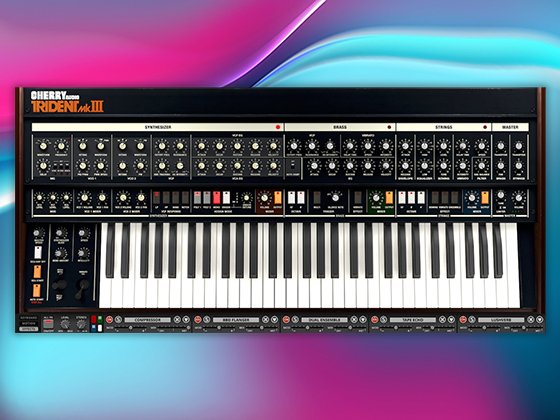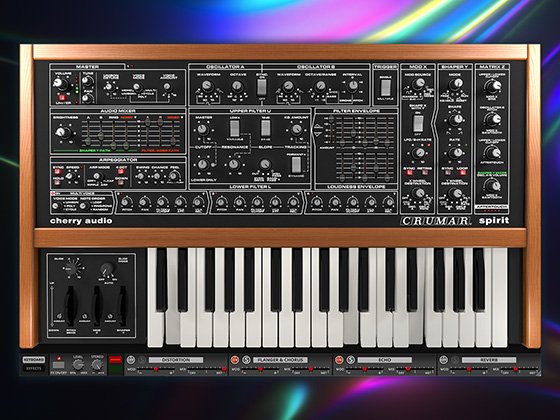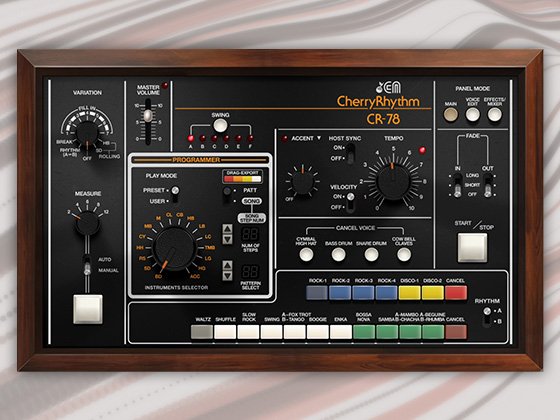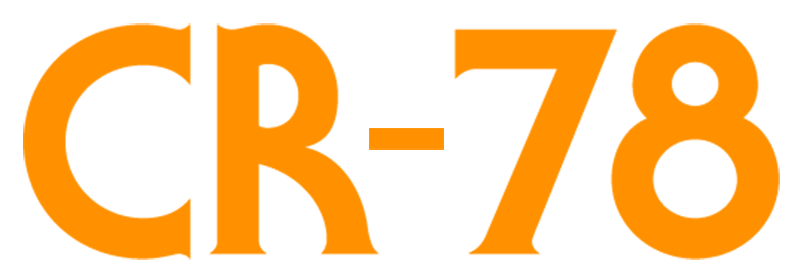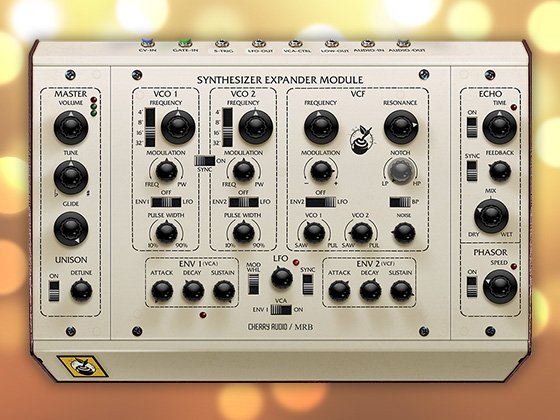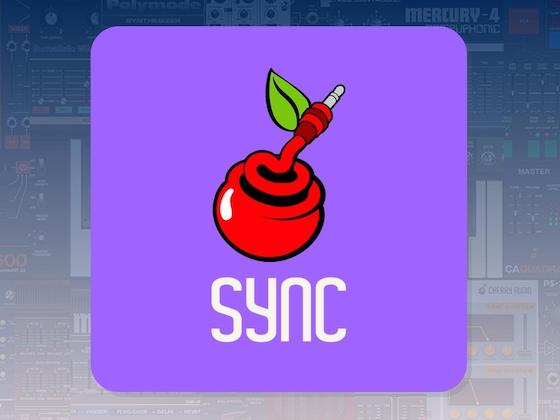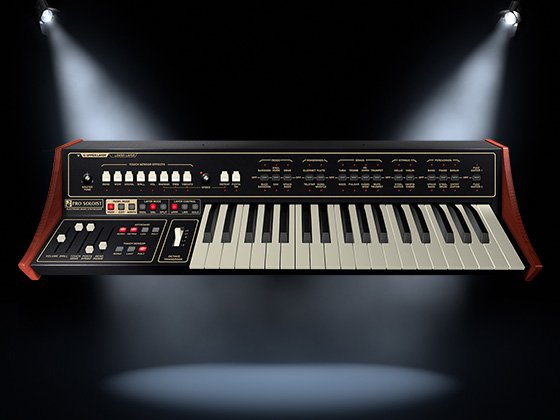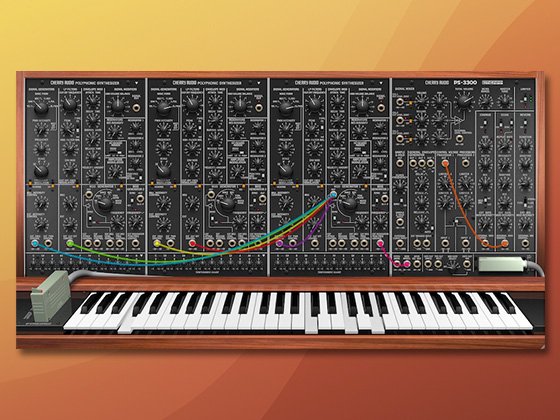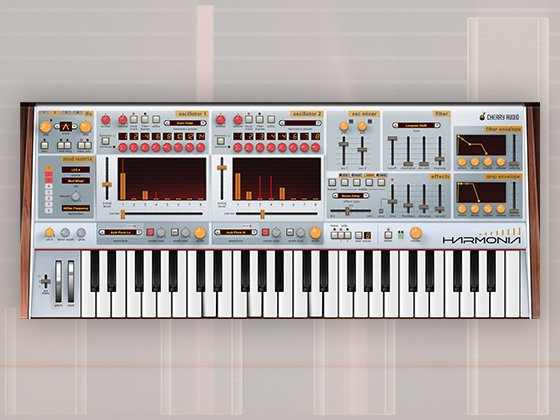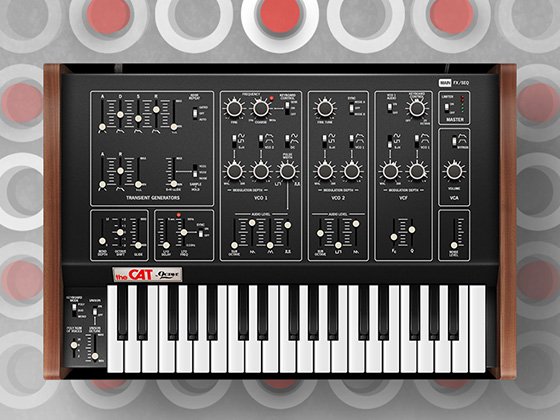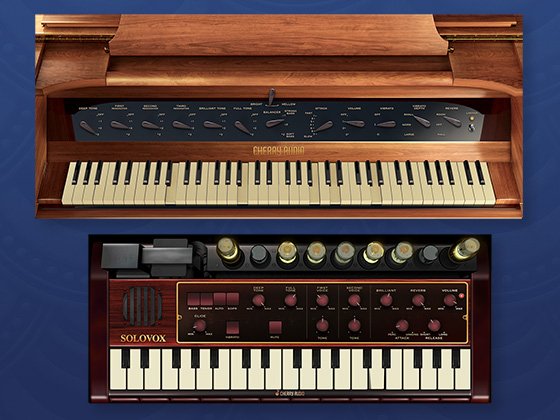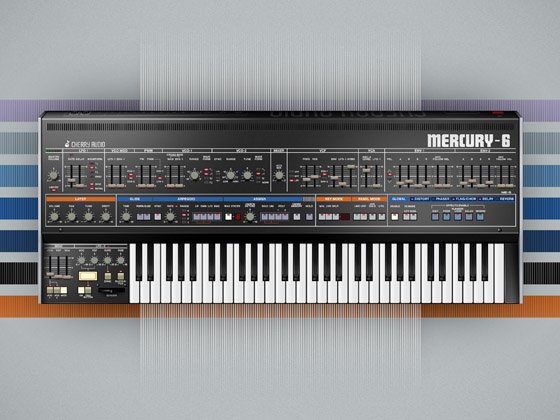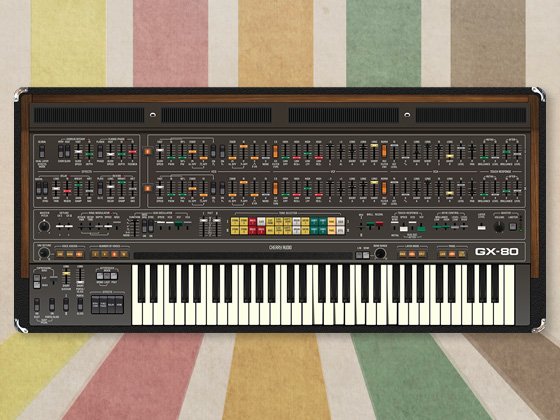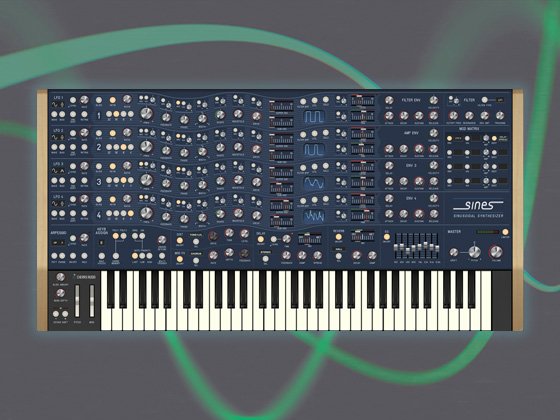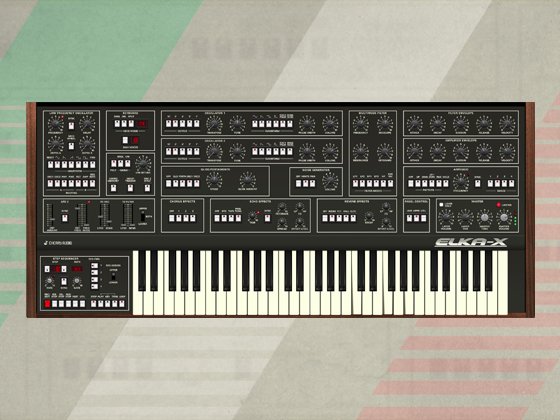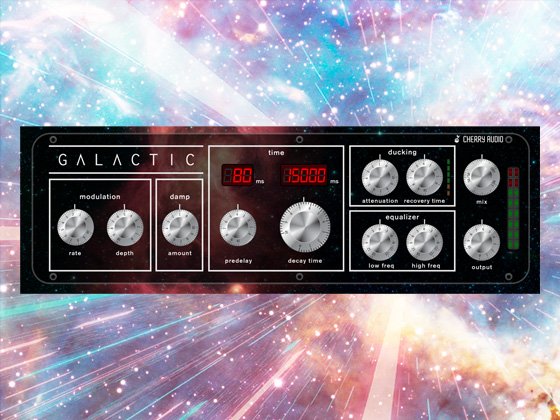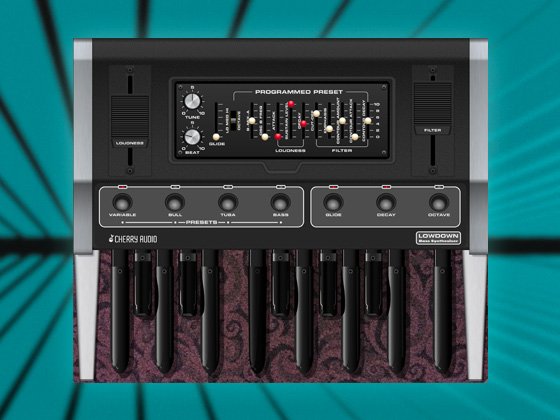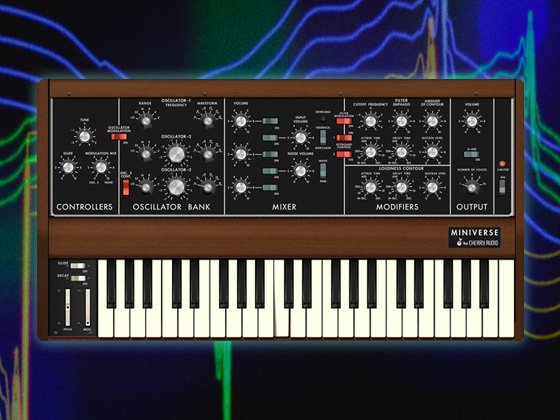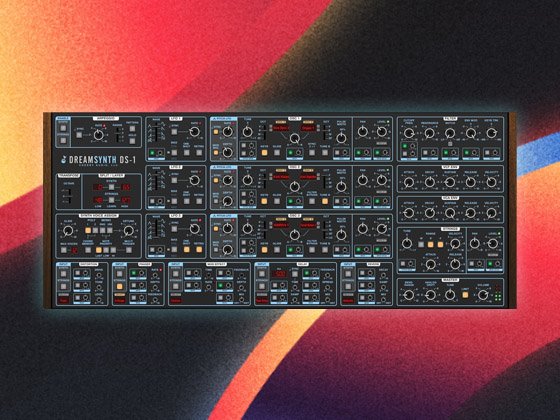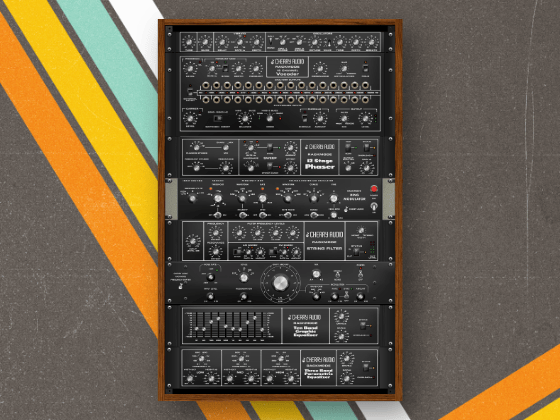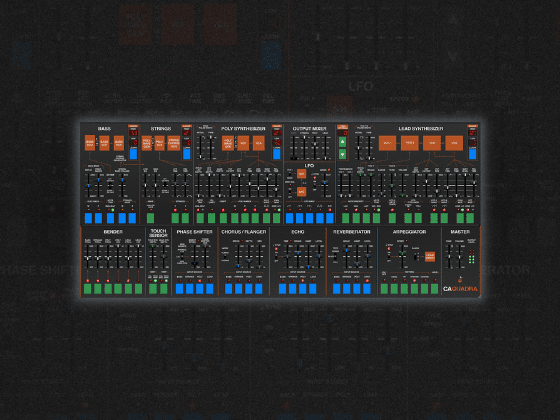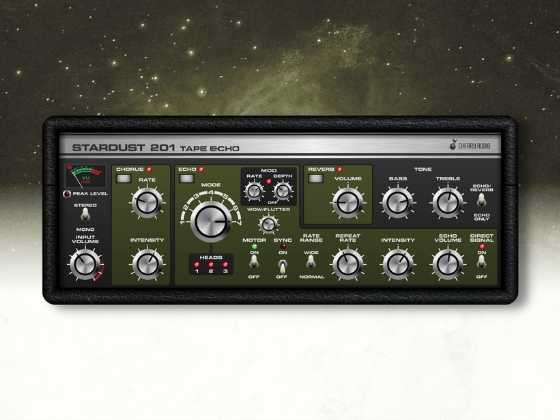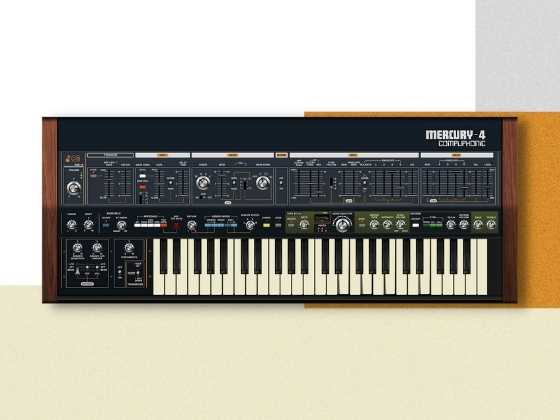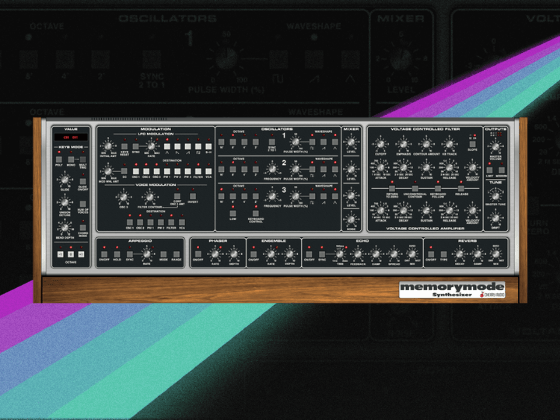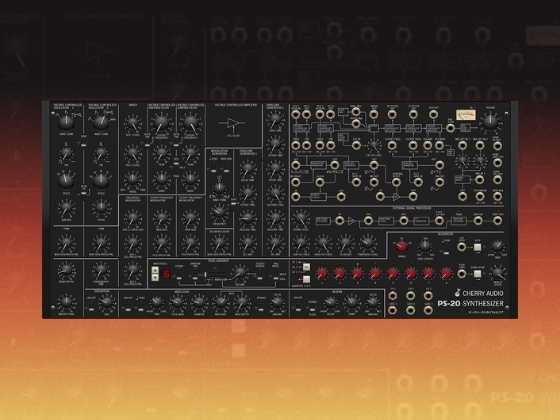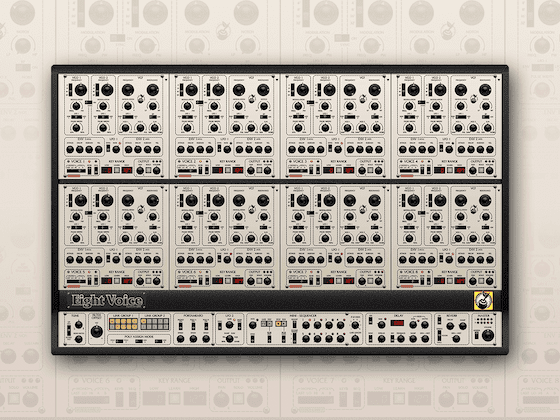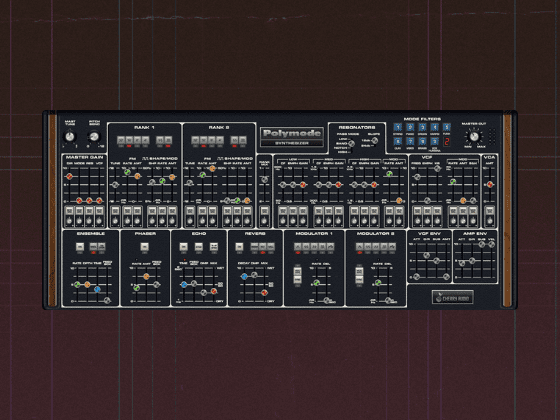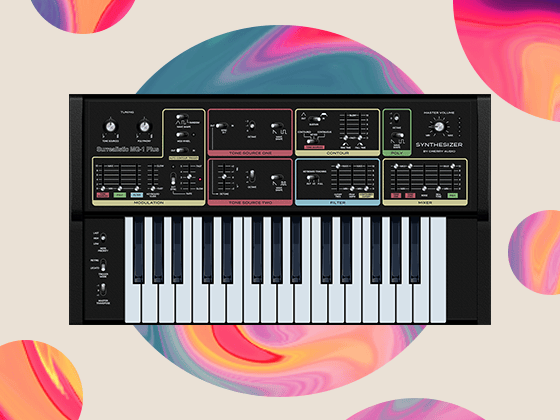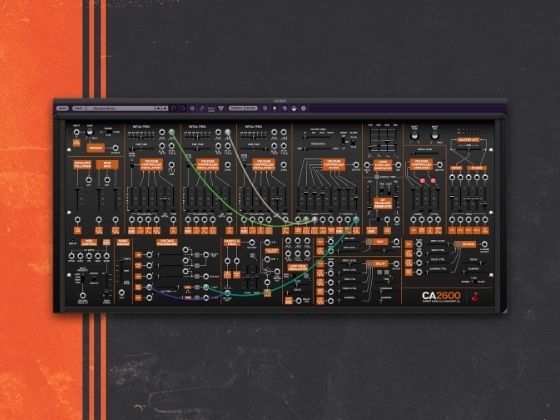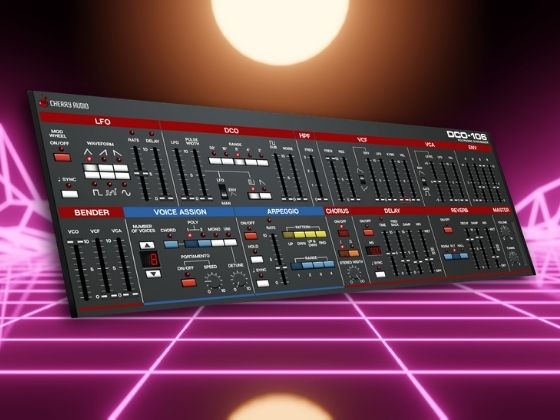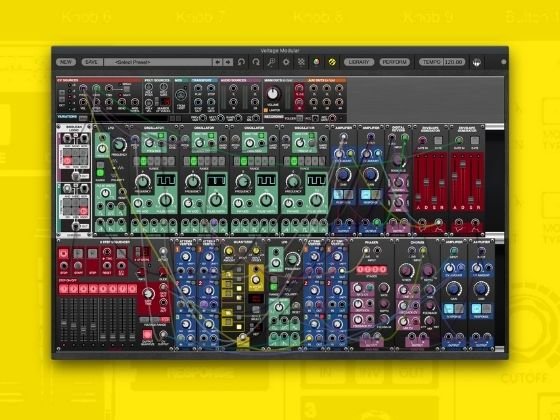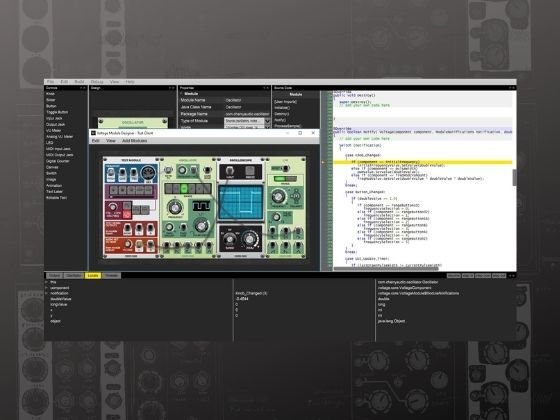Manufacturer: DMT Audio
$12.00
Rhythmus 8 is a unique 64-step sequencer based on the following concept - taking an 8-bit number, applying a transformation, then converting these numbers into rhythms!
The maths is below, but the basic explanation is that we can take two numeric values (Initial Value and Multiplier) which can be dialled in using the knobs, or sent in via CV, maths happens, and we end up with a unique 64-step pattern, graphically displayed on the 8x8 grid, with the light gray squares showing the 'active' steps.
For quadruple the fun, Rhythmus 8 has 4 clock inputs, and 4 Gate/Trig Outputs, each assigned to a colour, meaning that feeding in 4 clocks with different speeds, we can get 4 different movements.
Tips & Tricks
Feed each Gate Output to the next colours' Clock In to get each block determining the next blocks' pattern - fantastic for generative and algorthmic compositions, and with no randomness, so everything can bve replayed with the same settings!
If you want less than 64-steps in your pattern, just send a HIGH signal to each of the RESET IN jacks.
The Mathematics...
We start with an initial value, which we then either multiply by or add to a multiplier to get a new number. We then repeat this a further 7 times, so we have 8 numbers.
For example, with Initial Value 12, and Multiplier 3, and the Transform Type set to '+', we'll get the following values:
12 15 18 21 24 27 30 33.
If we convert these into their 8-bit representations, we get:
00001100 00001111 00010010 00010101 00011000 00011011 00011110 00100001
If we turn these 1's into gates or triggers, and play them one after the other, we get an interesting 64-step sequence!
If we change the type to 'x', we multiply instead of add:
12 36 108 324 972 2916 8748 26244 78732
8-Bit Numbers only go from 0-255, so we use the Modulo function to wrap each value around to get nicer numbers:
12 36 108 68 204 100 44 132
00001100 00100100 01101100 01000100 11001100 01100100 00101100 10000100
You'll notice that nothing appears if set to 'x' Type and either the Initial Value and/or multiplier is 0. Thats because 0 multiplied by anything is 0, and the 8-bit representation is 0000 0000 - so no 1's, so no gates!
agentslimepunk
Jul 7, 24
I love this
This module is pretty amazing for generating crazy, unpredictable and morphing rhythms and gates on the fly. Highly recommended.
